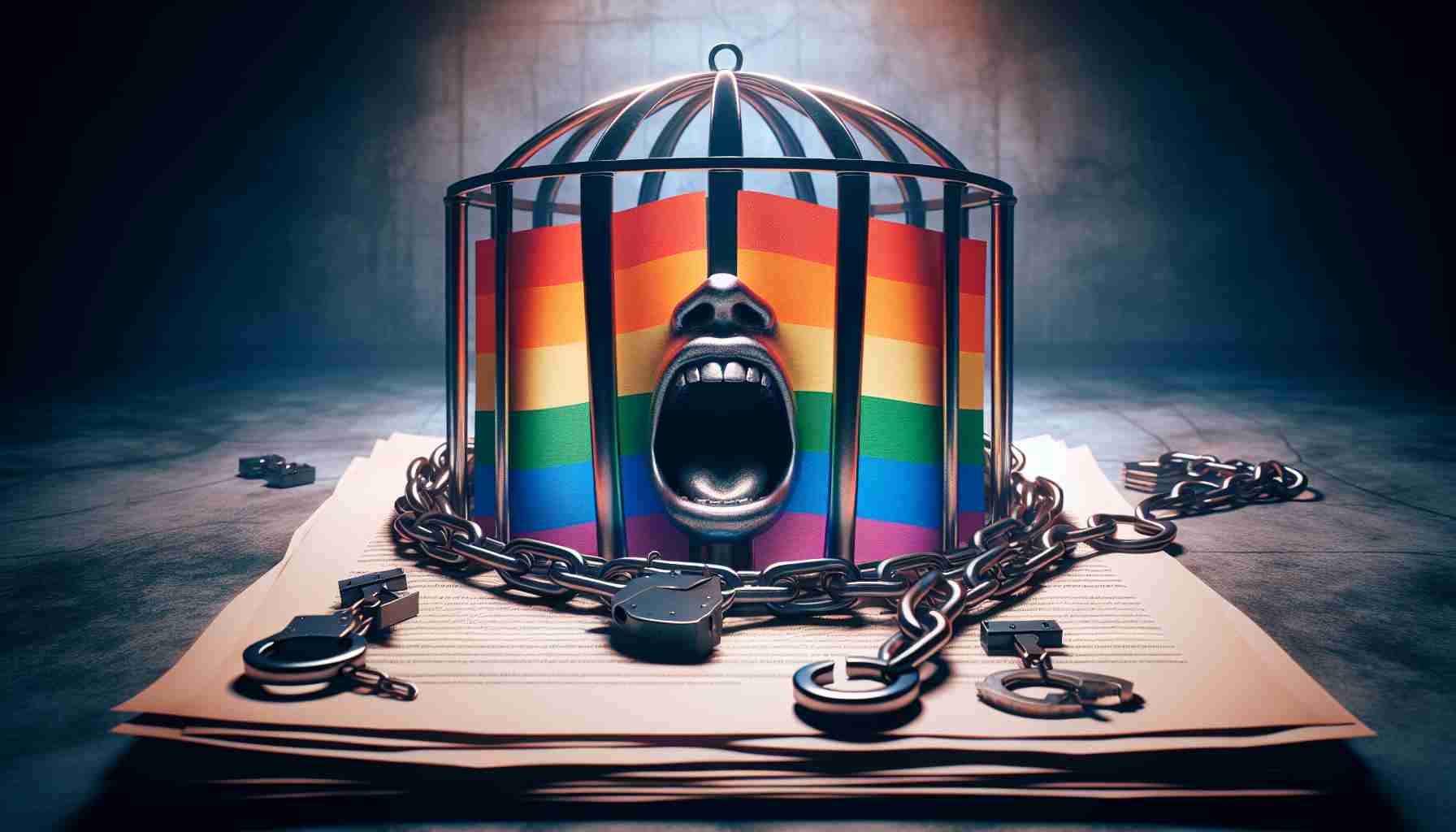
Belarus has recently caused international concern with its plans to introduce a draft law that categorizes LGBT relationships as ‘non-traditional.’ This legislation seeks to impose penalties for the promotion of what it terms ‘unusual relationships,’ effectively targeting the LGBT community. While President Alexander Lukashenko endorses this stand and has openly ridiculed the LGBT community, this move is part of a disturbing trend towards the repression of LGBT rights under the guise of preserving traditional values.
The implications of this proposed law are far-reaching and go beyond just symbolism. It poses a significant threat to the freedom of expression and the rights of the LGBT community in Belarus. By establishing administrative liability for promoting non-traditional relationships, the legislation could lead to censorship of any positive representation of LGBT relationships in media and literature. This would silence an already marginalized community and further perpetuate discrimination.
Belarus’ draft law bears a striking resemblance to similar laws enacted in neighboring Russia, where anti-gay propaganda laws have been used to suppress dissent and marginalize the LGBT community. This alignment reflects a broader regional trend towards authoritarian governance and the repression of minority rights. Despite the decriminalization of homosexuality in Belarus in 1994, the absence of legal protections for same-sex couples and the crackdown on LGBT pride parades indicate a deep-rooted bias against the LGBT community.
The implications of this proposed law go beyond just the LGBT community and threaten freedom of expression and the press in Belarus as a whole. News outlets and non-news platforms face potential censorship for any content deemed to promote non-traditional relationships. This move is part of a broader crackdown on dissent and the suppression of alternative voices, as evidenced by Belarus’ low ranking in a review of LGBT rights in Europe and Central Asia.
In summary, Belarus’ draft law targeting the promotion of LGBT relationships is a significant setback for human rights in the country. By aligning with Russia’s repressive stance, it not only infringes on the rights of a marginalized group but also undermines freedom of expression and diversity. As the international community closely observes the approval process, the hope remains for a course correction that upholds the rights and dignity of all individuals, regardless of their sexual orientation or identity.
Key Terms:
1. LGBT: An acronym that stands for lesbian, gay, bisexual, and transgender. It refers to individuals who identify as non-heterosexual or non-cisgender.
FAQ:
1. What is the draft law being introduced in Belarus?
- The draft law categorizes LGBT relationships as ‘non-traditional’ and seeks to impose penalties for the promotion of these relationships.
2. What are the implications of this proposed law?
- The law poses a significant threat to the freedom of expression and the rights of the LGBT community. It could lead to the censorship of positive representation of LGBT relationships in media and literature, further marginalizing the community and perpetuating discrimination.
3. Does President Alexander Lukashenko support this law?
- Yes, President Lukashenko endorses this law and has openly ridiculed the LGBT community.
4. How does this law compare to laws in neighboring Russia?
- Belarus’ draft law bears a striking resemblance to similar laws enacted in Russia, where anti-gay propaganda laws have been used to suppress dissent and marginalize the LGBT community.
5. Are there legal protections for same-sex couples in Belarus?
- Despite the decriminalization of homosexuality in Belarus in 1994, there are no legal protections for same-sex couples, and crackdowns on LGBT pride parades indicate bias against the LGBT community.
6. Does this law only affect the LGBT community?
- No, the implications of this proposed law go beyond the LGBT community. It also threatens freedom of expression and the press in Belarus as a whole, with potential censorship for any content promoting non-traditional relationships.



